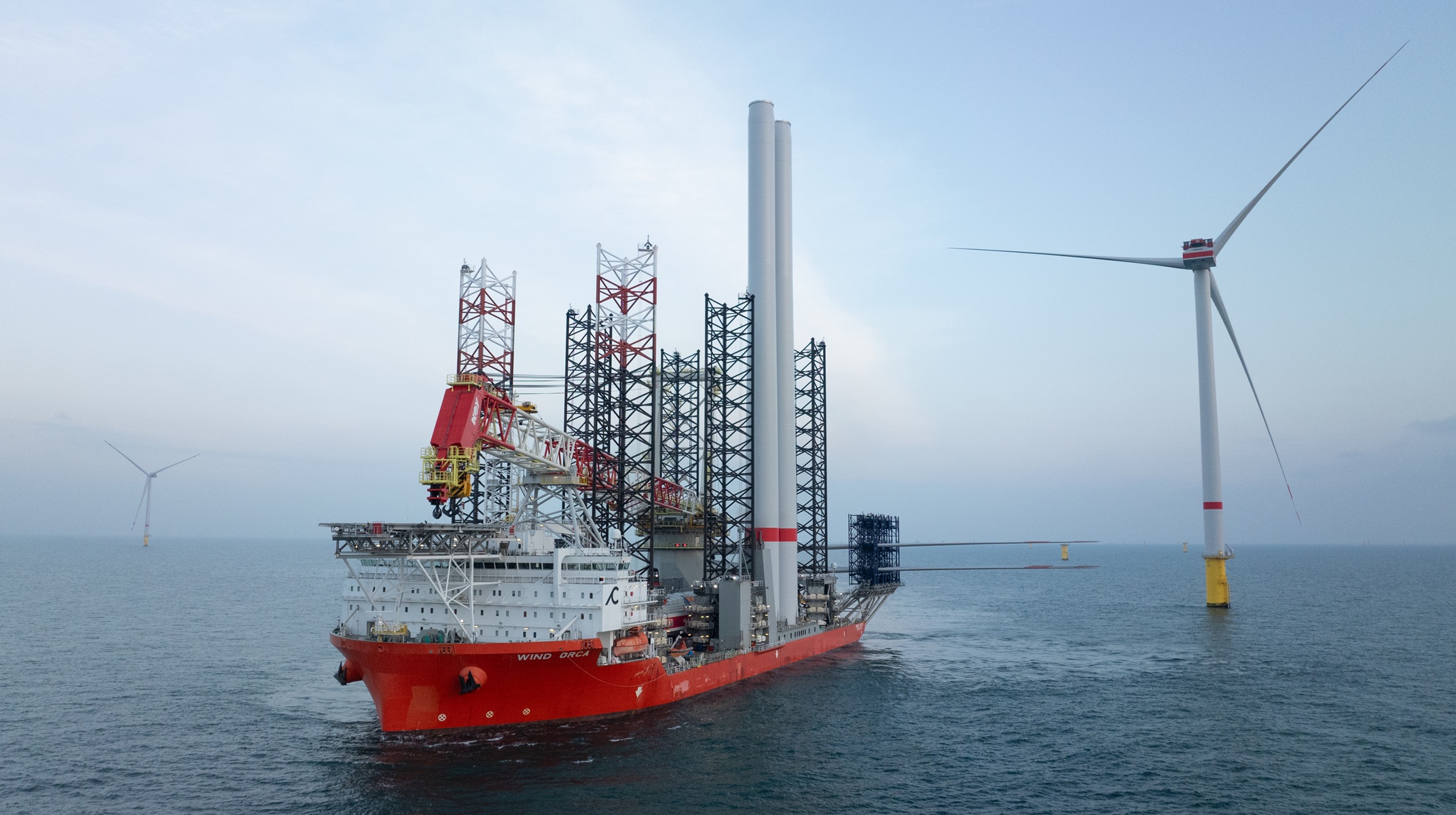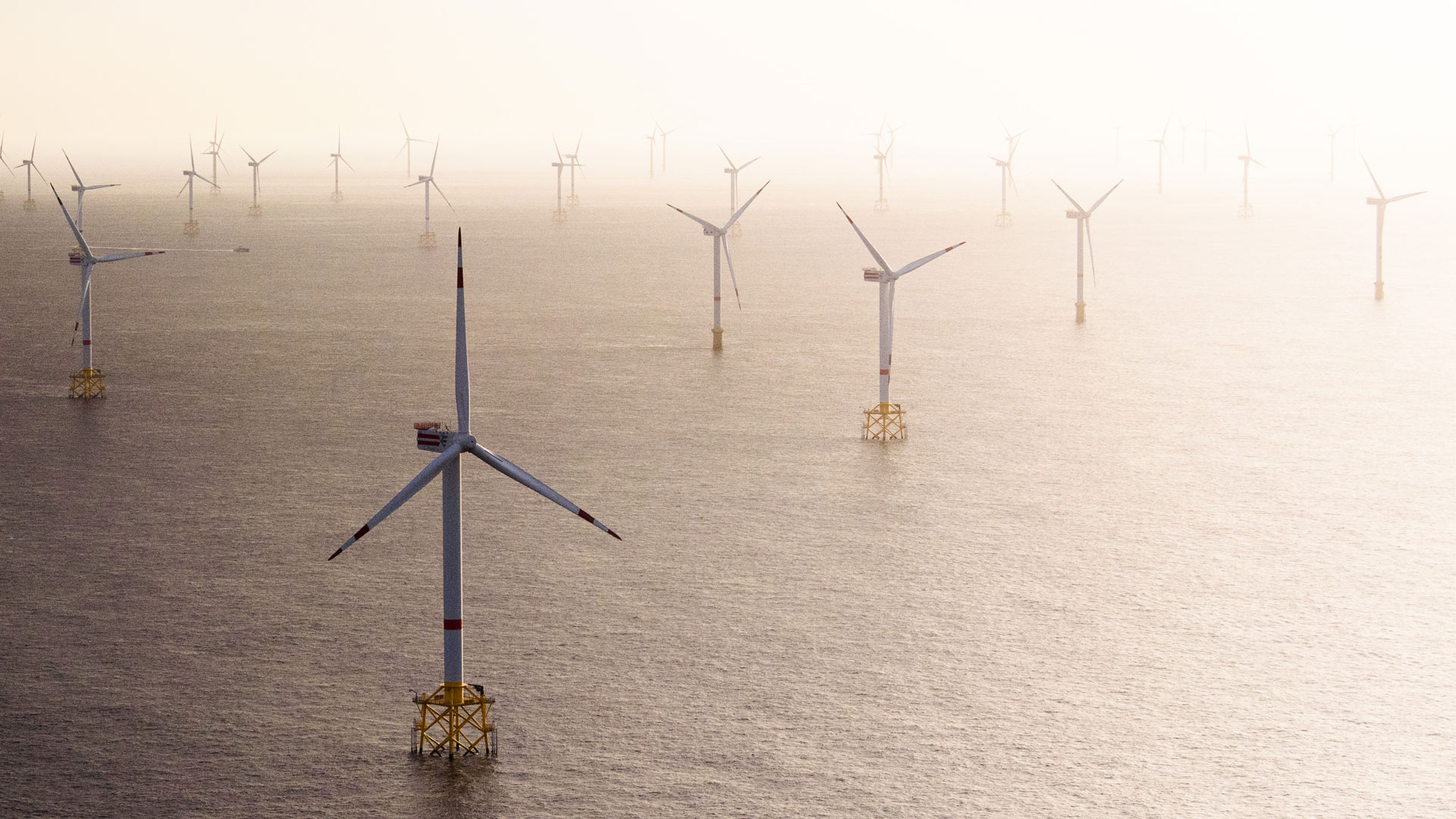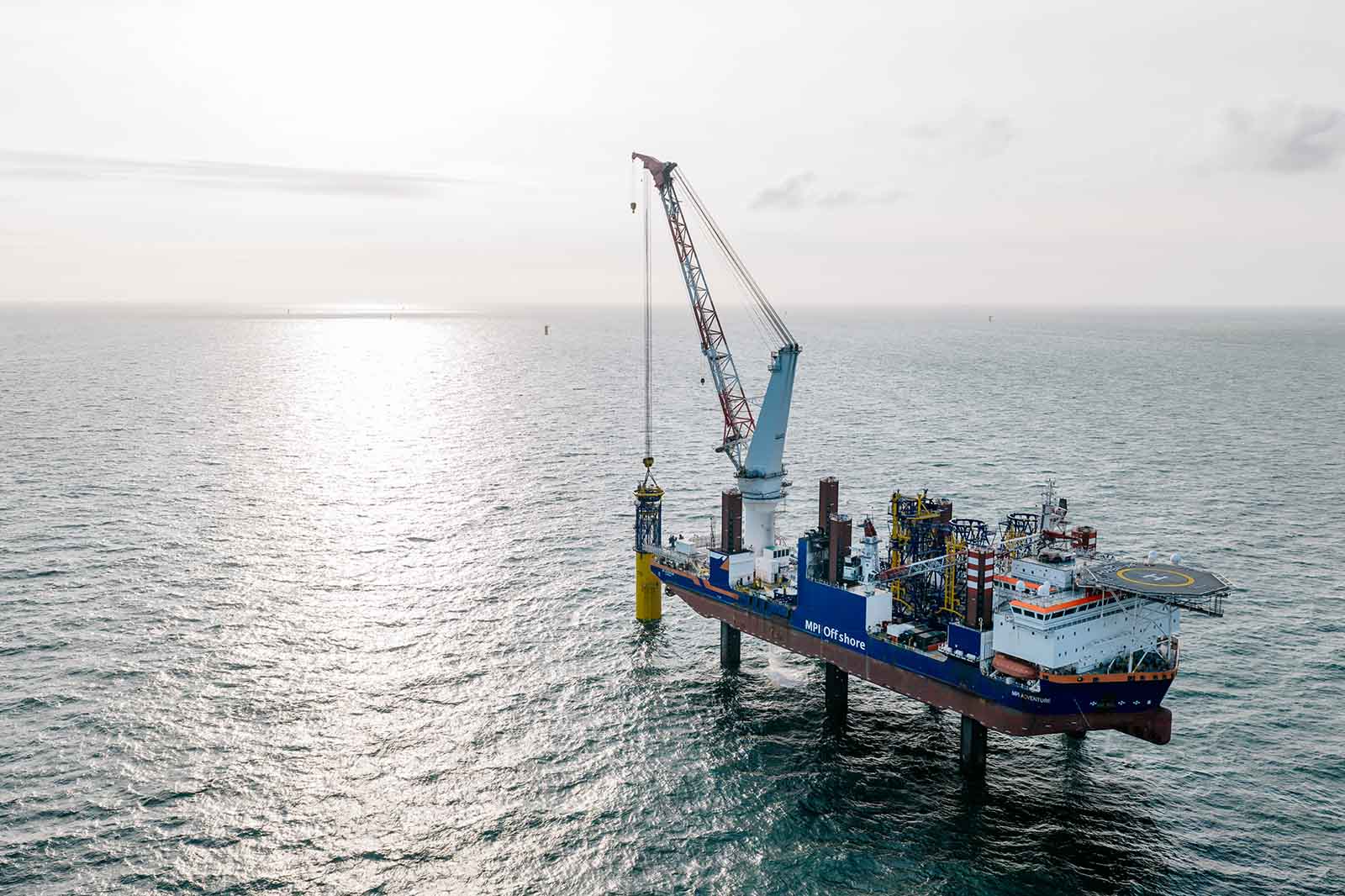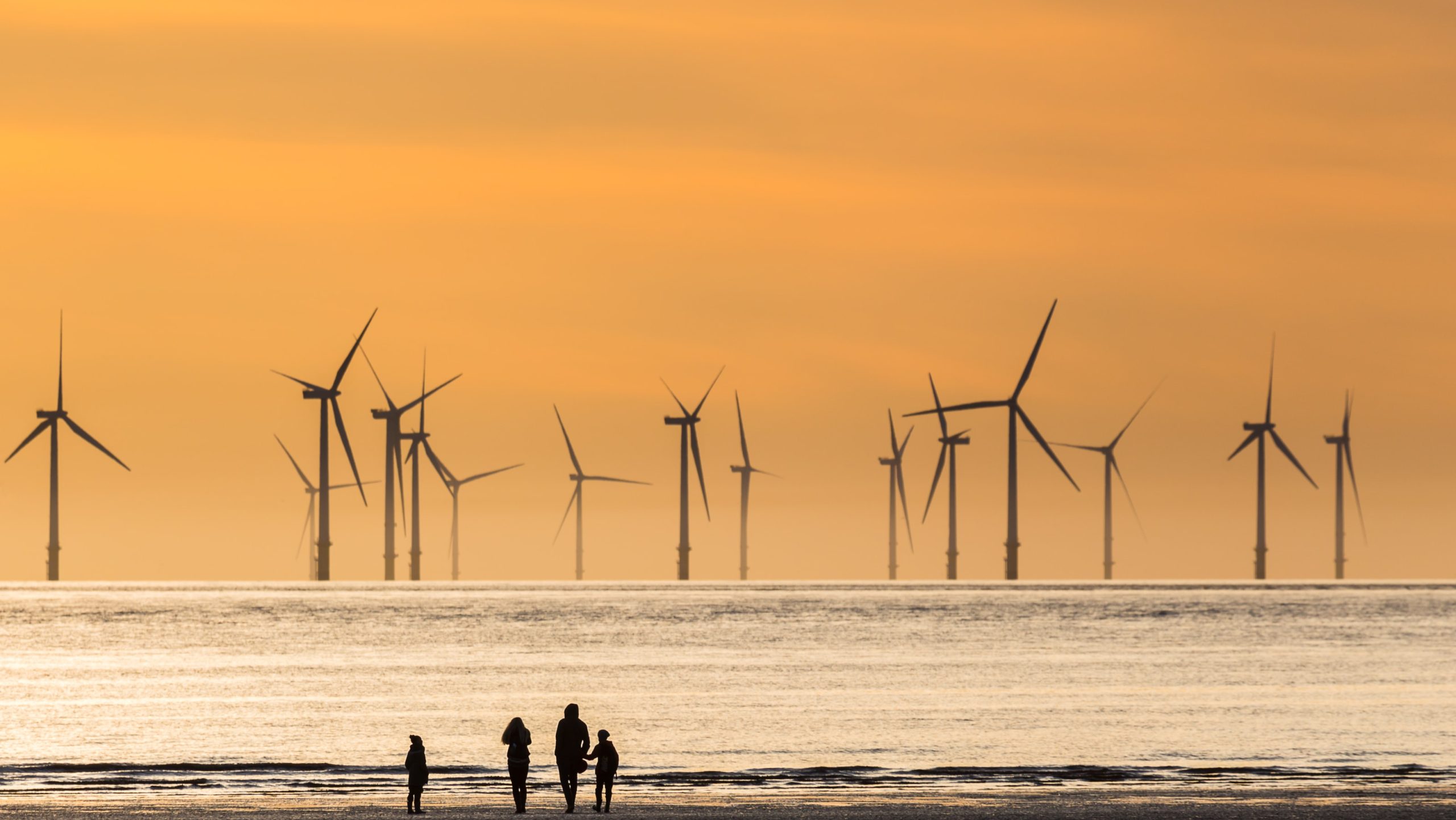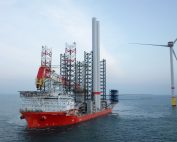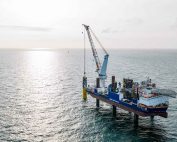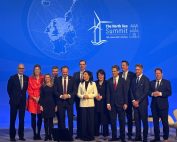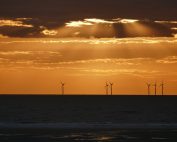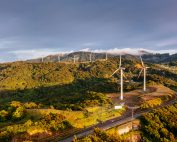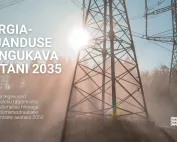German Offshore Wind Energy Association (Bundesverband Windenergie Offshore e.V, BWO) indicates that the statutory expansion target for 2035 is “at least 40 gigawatts of offshore wind by 2035”, however, there are delays in grid expansion and challenges along the value chain. What do politicians need to do to achieve the expansion targets for offshore wind energy?
Experts and sector representatives from industry, politics, research and the environment were discussing this during the “Future Offshore” conference in Berlin on 23-24 April. Under the motto “Overcoming Borders”, the German Offshore Wind Energy Association (BWO) is organising this year’s two-day industry event. Together with the European umbrella organisation WindEurope as a cooperation partner, participants will discuss how the potential of offshore wind energy can be exploited.
Jörg Kubitza, BWO Chairman and Managing Director of Ørsted Germany: “In order to get the best out of offshore wind energy in Germany, we urgently need to consider area efficiency and coordination with our European neighbours in the North Sea when planning the tendering paths. In 2024, new areas for offshore wind energy will once again be put out to tender in Germany. 8 gigawatts – once again one of the largest tenders in the world! These areas must be planned efficiently so that we get the best possible energy yield and therefore green electricity for Germany and German industry. We have the opportunity to achieve great things and play a key role in shaping the energy transition in Germany. Let’s think European!”
Giles Dickson, CEO WindEurope: “The German government has ambitious plans for offshore wind energy. But political goals and actual new wind farms are two different things. Germany needs a better tender design for offshore wind energy. The EU’s wind power package and the Net Zero Industry Act provide for a different approach than the uncapped negative bids that Germany currently applies. The EU also wants governments to tighten their pre-qualification criteria to raise the bar for offshore wind construction. Germany also needs to invest more in its offshore value chain – this includes investment in ports, ships and labour. And it must further accelerate the expansion of its electricity grids in order to harness all the energy from offshore wind energy and prevent further delays in expansion.”
Stefan Thimm, BWO Managing Director: “Offshore wind energy has the potential to become the mainstay of the energy transition, security of supply and prosperity in Germany and Europe. We must seize this great opportunity. Politicians are now called upon to set the right course for sustainable value creation. The current infrastructure problems and global production bottlenecks must be overcome. This requires bold decisions and decisive industrial policy action. The key bottlenecks are known, for example in production capacities, harbours, ships and, last but not least, skilled workers. We can and must counter these limiting factors with industrial policy measures.”
Source: BWO





